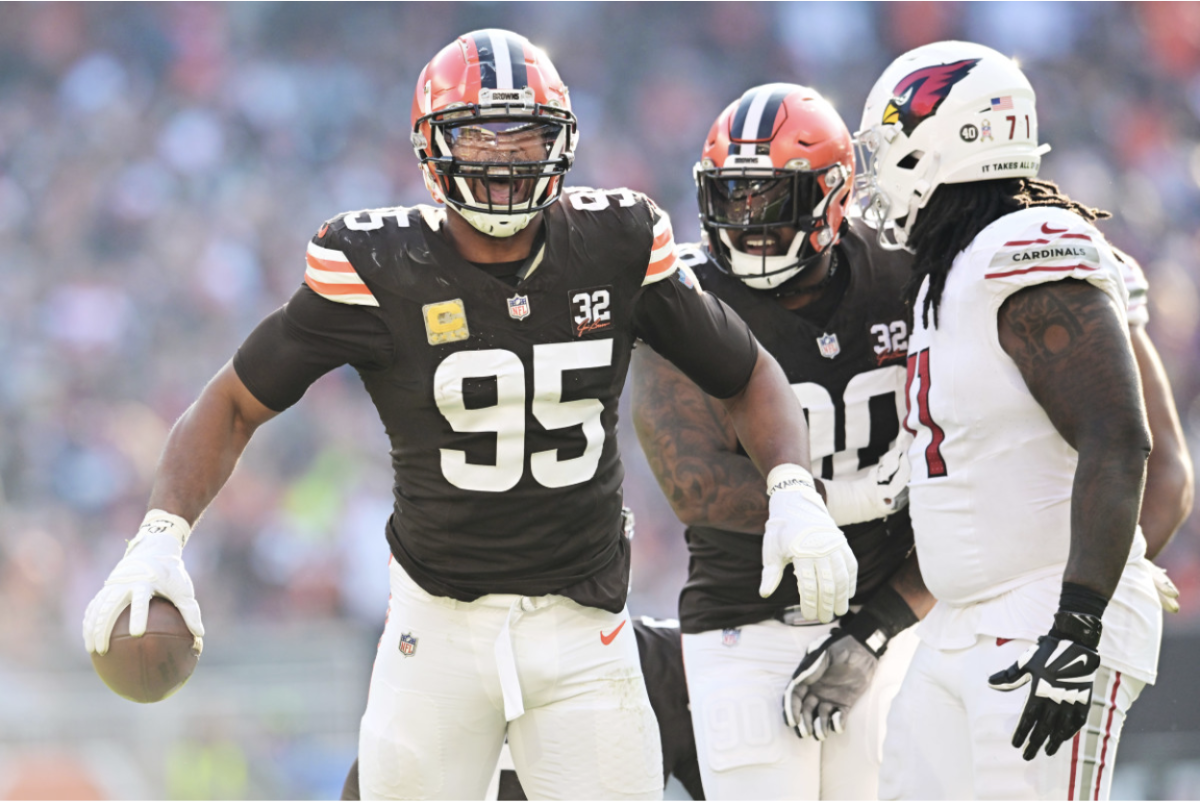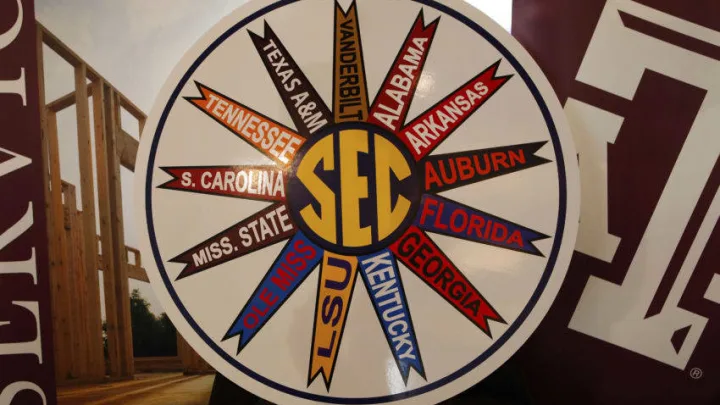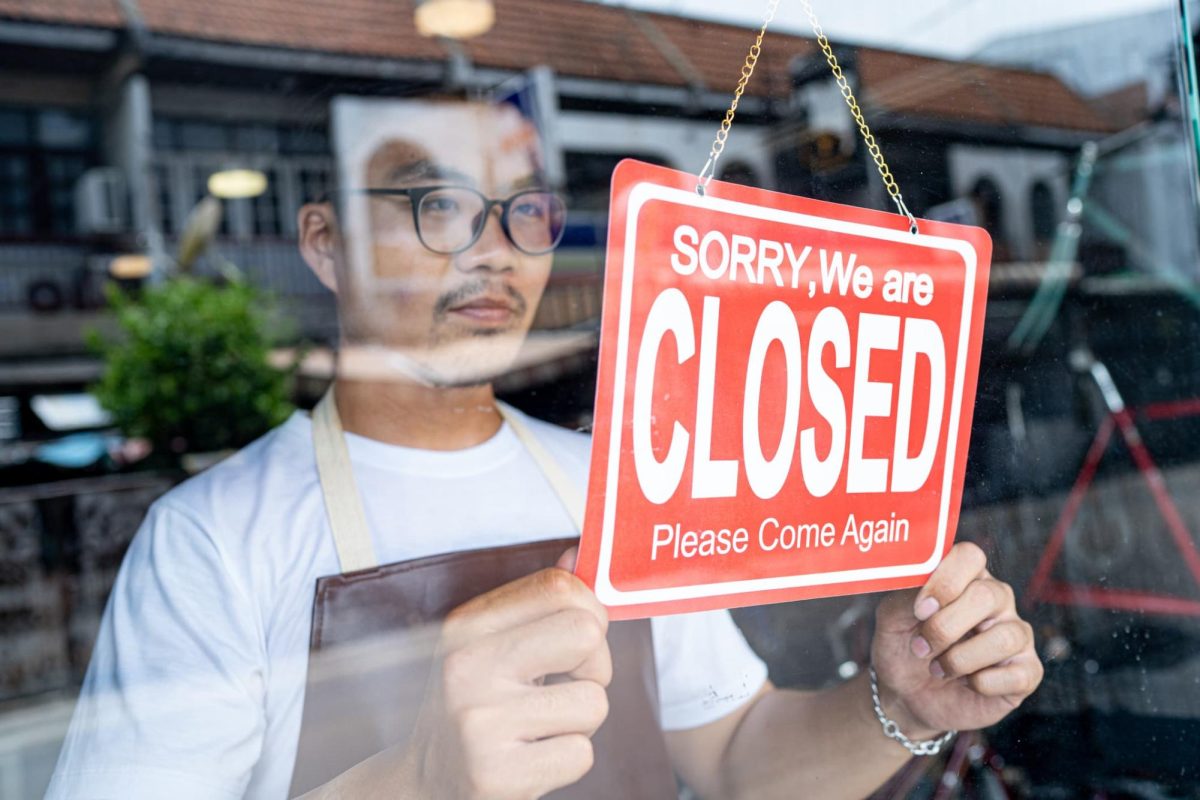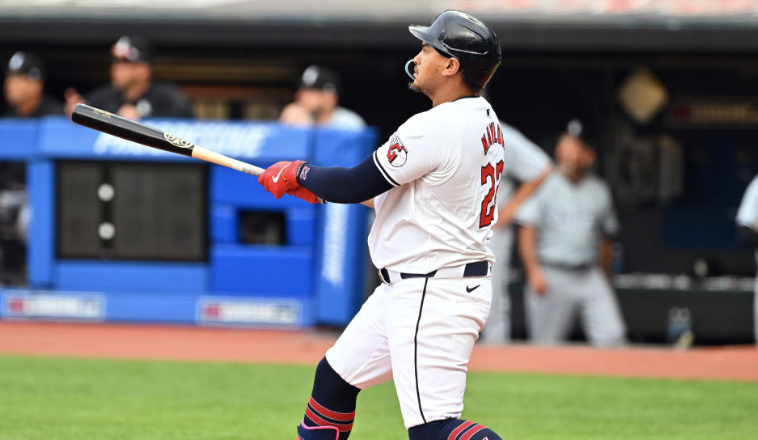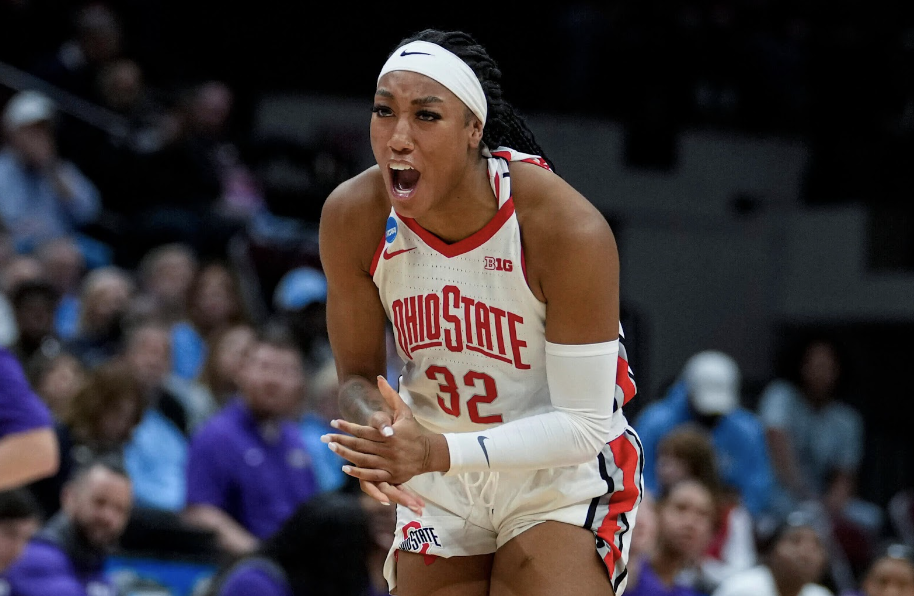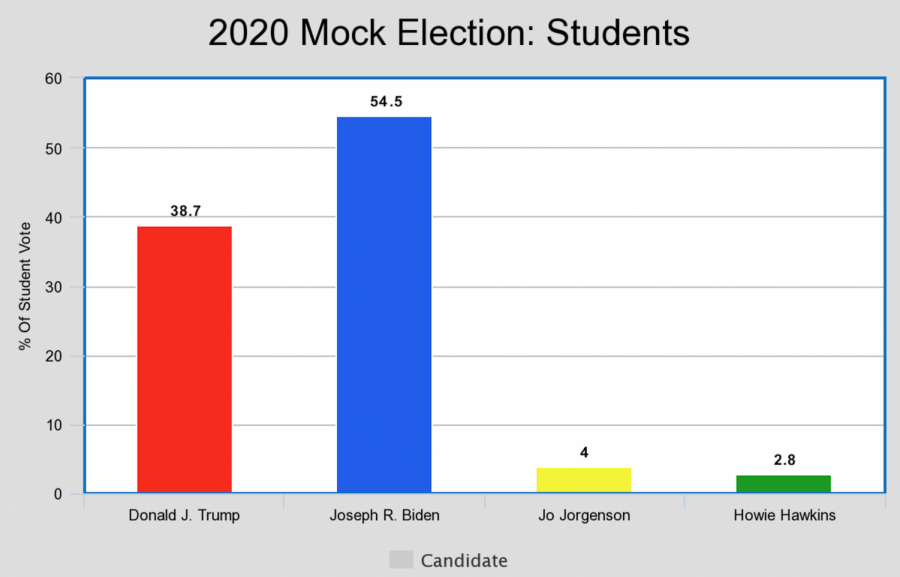Since Qatari-owned Paris Saint-Germain acquired Kylian Mbappe in 2017, the now 25-year-old has skyrocketed into global prominence, not only becoming the team’s marquee player but also a figurehead of world and French football. However, Kylian Mbappe, now PSG’s all-time scorer, is expected to leave the Parisian side this summer for Spanish giants Real Madrid. With his approaching exit, the interesting question of how his move will affect both French President Emmanuel Macron and Qatar, the owners of PSG, arises.
Since his ascent to the office of the presidency in 2017, Macron has recognized the huge unifying strength football holds over France. Therefore, Macron, especially during the French National Team’s World Cup runs, has ingratiated himself with the French National Team; celebrating their wins with them in the locker room and even consoling them after their losses. Mbappe, as the team’s superstar, has been central to Macron’s usage of sports to connect with young voters. This usage of Mbappe is due to his ability on the pitch through which he has gained widespread public support, support shown by his accumulation of 10 votes during the 2022 French Presidential Election as a write-in candidate.
Recently, Mbappe has helped Macron advocate for the Covid-19 vaccine. Mbappe’s social media posts in support of the vaccine have helped France—one of the world’s most vaccine-hesitant countries per the National Institute of Health—have approximately 80% of their population fully vaccinated against COVID-19; a figure 10% higher than that of the US’s Mbappe’s influence on the public reflects the complex interplay between sports and politics, especially in France where football holds so much importance.
This complex interplay is further evidenced by Mbappe’s attendance of a dinner hosted by Macron at the Elysee Palace in Paris, a dinner which the Emir of Qatar, Sheikh Tamim bin Hamad Al Thani also attended.
PSG and Mbappe have served as a way to strengthen French-Qatari relations. The government of Qatar, via Qatar Sports Investments—established by the Emir in 2005—has owned PSG since 2011. While they have long maintained that their reason for buying the Parisian outfit was to diversify their holdings beyond oil and gas, Jean Baptiste Guegan, a French geopolitical expert, disagrees. Baptiste states, “there was a political and geopolitical opportunity. By buying PSG and saving French football via beIN Sports (the Qatari broadcaster that became a major investor in French sporting television rights), Qatar offered itself the possibility of becoming closer to France; a European power, with a defense industry and a seat at the United Nations Security Council. Such an investment is useful given the complex geopolitical context of Qatar in the Arab-Persian Gulf and it strengthens the links between two historically close countries (the Al-Thanis are French-speaking and Francophile). And a final interest: this position offers significant economic opportunities in Qatar. The interpersonal relations achieved by the VIP connections at the stadium allow Qatar to invest more in Paris and to strengthen its position.” While before the 2017 summer transfer window PSG was simply a means to strengthen French-Qatari relations, the 2017 window marked a turning point in the Qatari government’s use of PSG. Prior to the transfer window, a Saudi-led coalition containing the UAE, Bahrain, and Egypt issued 13 demands to Qatar. These demands accused Qatar of aiding in the destabilization of the region primarily through the harboring of terrorist groups. However, Qatar rejected these demands, resulting in the coalition countries sealing their borders to Qatar, denying Qatari planes access to airspace or airports, and completely cutting diplomatic ties. Qatar, in the summer of 2017, when they bought both Mbappe and Neymar for 180 and 222 million respectively, were using PSG to demonstrate to their neighbors the futility of their blockade. While Mbappe was initially bought to be the aid to PSG’s new superstar Neymar, he would quickly transform into the main attraction, kickstarting PSG’s “galacticos” era. The retention of Mbappe has now become a matter of pride for the Qatari-backed club. On numerous occasions, PSG has not only used significant financial resources to retain the French superstar—such as his 250 million euro 3-year contract—but PSG has also used all of its political resources to keep Mbappe at the club. In 2022 Macron and former French President Nicolas Sarkozy, at the behest of Qatari PSG executives, helped convince Mbappe to stay for 2 more years. However, Mbappe’s mind appears made up regarding his exit from PSG this summer.
In conclusion, Mbappe, through his time at PSG, has strengthened the French-Qatari relationship while allowing Qatar—through PSG’s acquisition of footballing superstars—to simultaneously enter world football prominence so much so that they hosted the 2022 World Cup. Mbappe has also served as an important part of Macron’s public image. Mbappe not only widely appeals to the youth of France, whom Macron struggles to connect to, but he also is widely popular with Macron’s base, the elderly, and the middle and upper classes of France. Mbappe’s departure should not affect Qatar significantly considering he already helped to deliver Qatar to footballing prominence, but it will affect Macron. Many could see Mbappe as betraying French Football with his departure from PSG, which would significantly harm Macron’s ability to connect with the French youth. Therefore, Macron must hope for a triumphant French campaign during the Euros this summer to ensure Mbappe’s continued popularity and influence within France, even when he is in Spain.


